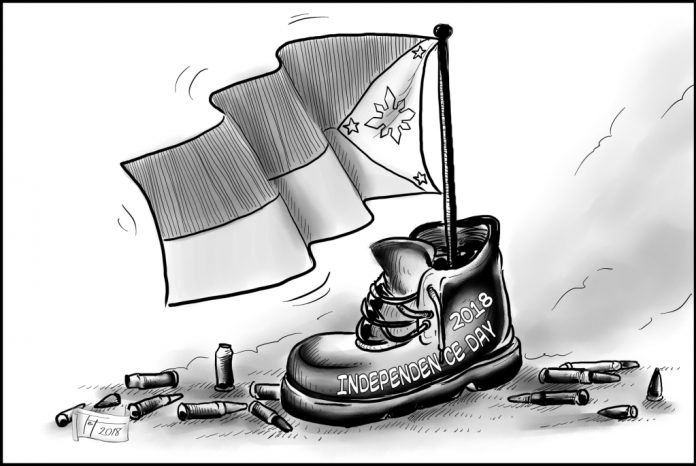
AS WE celebrate the 120th anniversary of our country’s independence, we pray that every Filipino strive to follow the good example of our heroes, not just in the aspect of protecting our rights and sovereignty but also with regard to preserving our environment, which is essential as it is the source of our vital needs for continuous existence.
One standout hero in this regard was Dr. Jose Rizal. We can emulate his philosophy and commitment to environmental care and management.
Dr. Jose Rizal is known to us as a man of incredible intellectual power who fought for our freedom through his pen, books and knowledge. But unknown to many, Rizal had a keen devotion to environmental planning. During his exile in Dapitan, Rizal helped plan the now sprawling city in Zamboanga by building fish pens, constructing an aqueduct that provided people with clean water, using coconut oil lamps to light up streets and planting numerous trees, turning the town into a green space, among others. These are just some of the many but often unproclaimed contributions of Rizal to the environment that are worth emulating.
The most fitting tribute to this distinguished man this Independence Day is to continue his work of caring for the environment by introducing innovative solutions to environmental problems. We have many of the best environmental laws but most of them are not being fully implemented. For example, we have the Ecological Solid Waste Management Act of 2000 or Republic Act 9003 that calls for solid waste avoidance and volume reduction through source reduction and waste minimization measures. To be more specific: when you look at it from a zero waste perspective plastic bags are a headache so we must do away with them. Consider this: after you are done managing the other waste types, one still wonders what am I to do with these plastic bags? Plastic bag use encourages the throw-away habit, which is among the enemies of zero waste. They do not bio-degrade but simply break down to tiny plastic bits which readily soak up toxins, then contaminate soil, waterways, and animals upon digestion.
Independence from plastic bags is the way to go if the country is serious about solid waste avoidance.

